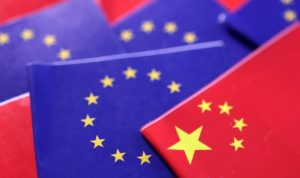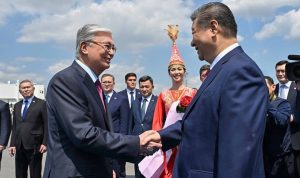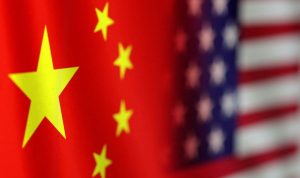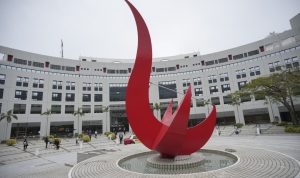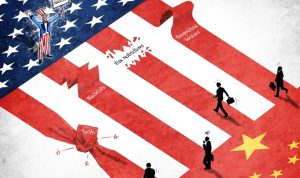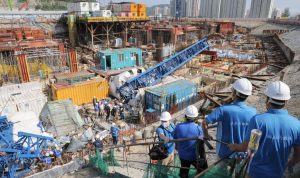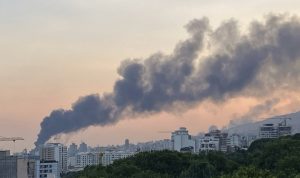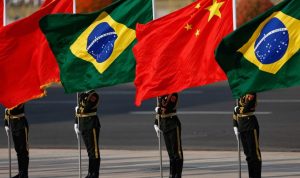While each Asian economy has its nuances, recent South Korean trends offer prime insight for understanding the wider regional market
Investors in South Korea’s stock market have been encouraged by Lee’s pledge to implement governance reforms. The election outcome triggered the sharpest rally in stocks in more than four years as traders ramped up bets on a reduction of the “Korea discount”, whereby the Kospi trades at much lower valuations than other major equity markets.
In South Korea’s housing market, policymakers face a tricky balancing act. On June 12, Bank of Korea (BOK) governor Rhee Chang-yong summed up the current dilemma confronting many Asian governments and central banks – stimulating growth without causing property markets to overheat and adding to affordability pressures – when he said it was necessary to “break away from the past practice of tolerating excessive investment in real estate”.
Unfortunately, it looks like the damage may already have been done. South Korea’s flat prices – one of the parts of Asia’s real estate market most prone to speculative bubbles – have risen at an annualised rate of 7 per cent since March while household lending in May increased at the fastest monthly pace since September 2024.
In a report on June 12, Nomura said looser financial conditions – the BOK has cut interest rates by one percentage point since October – were fuelling “the housing market rally and driving up household debt”. Perhaps one reason Seoul home values are accelerating again, despite the imposition of restrictions in March requiring buyers to gain approval for property purchases in wealthy districts, is Lee’s intention to address affordability concerns by boosting supply rather than curbing demand.
South Korea’s ‘jeonse’ real estate scams a housing nightmare for young tenants







